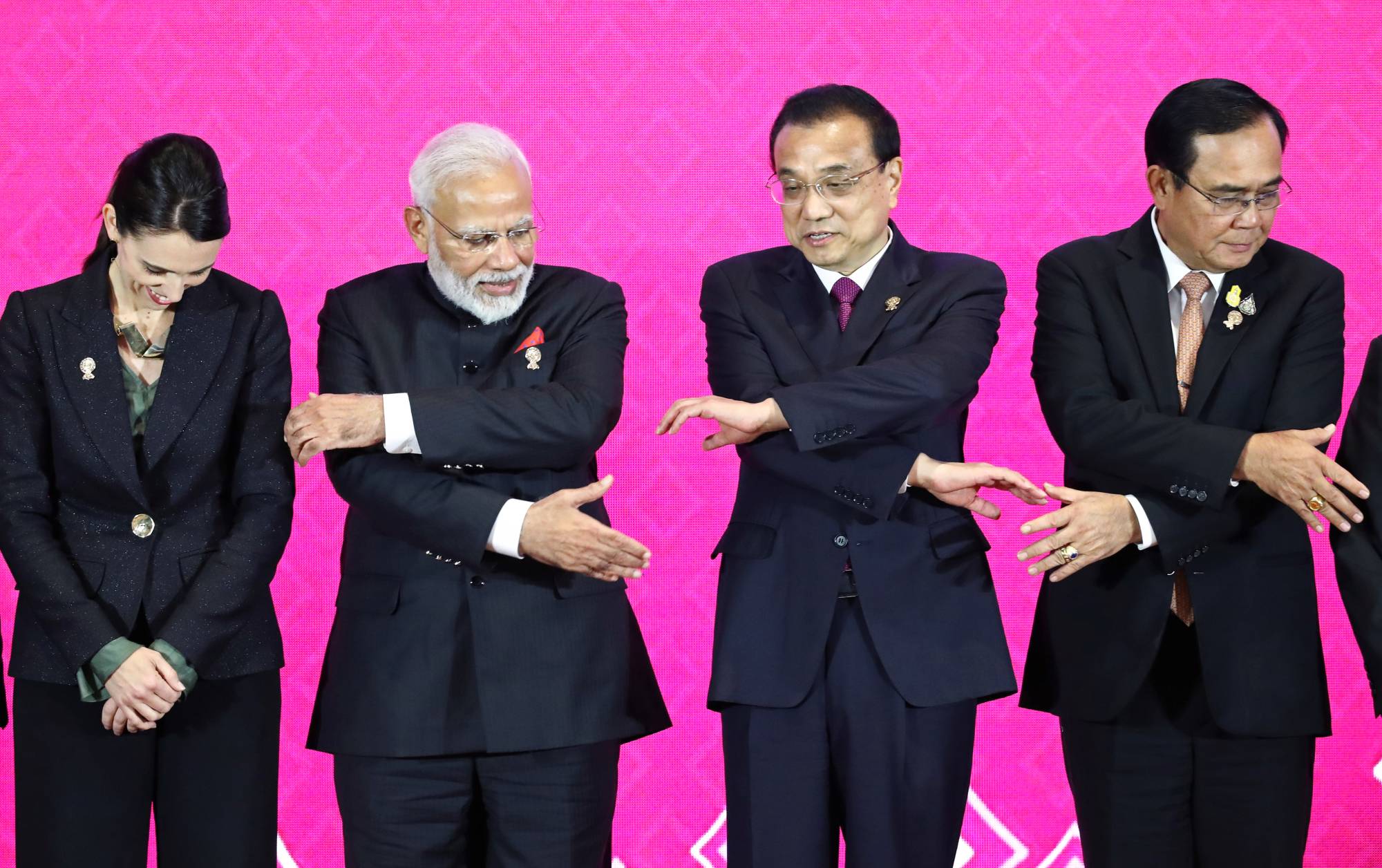“Don’t make us choose!” That has been, is, and almost certainly will continue to be Southeast Asia’s reflexive response to intensifying geopolitical competition in the region.
This mindset persists despite — or perhaps because of — a virtual transformation of the region’s political and economic dynamics, two years of a global health pandemic and Russia’s bloody invasion of Ukraine.
Trying to distance themselves from the increasingly contentious relationship between China and Western governments makes sense for a lot of reasons. Yet for some outsiders, even those sympathetic to the region’s position, refusal to acknowledge sharpening geopolitical reality risks devastating consequences.



